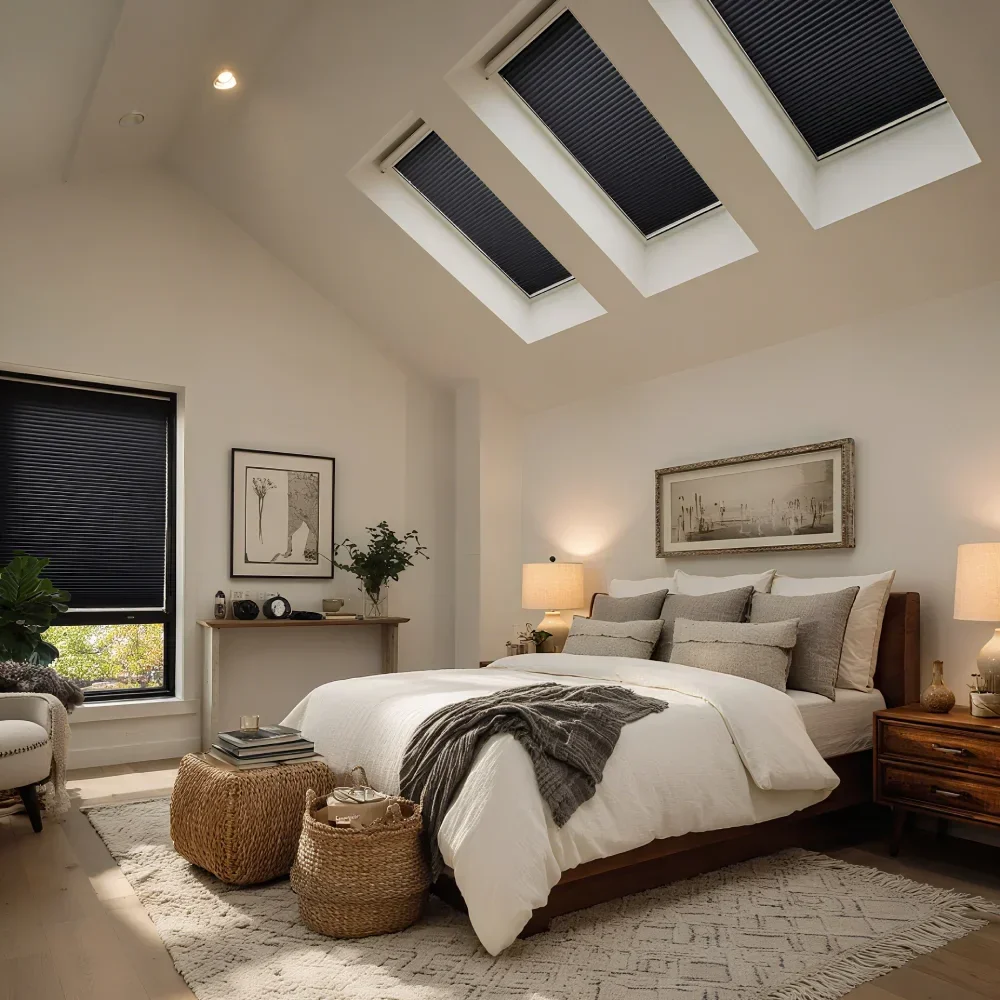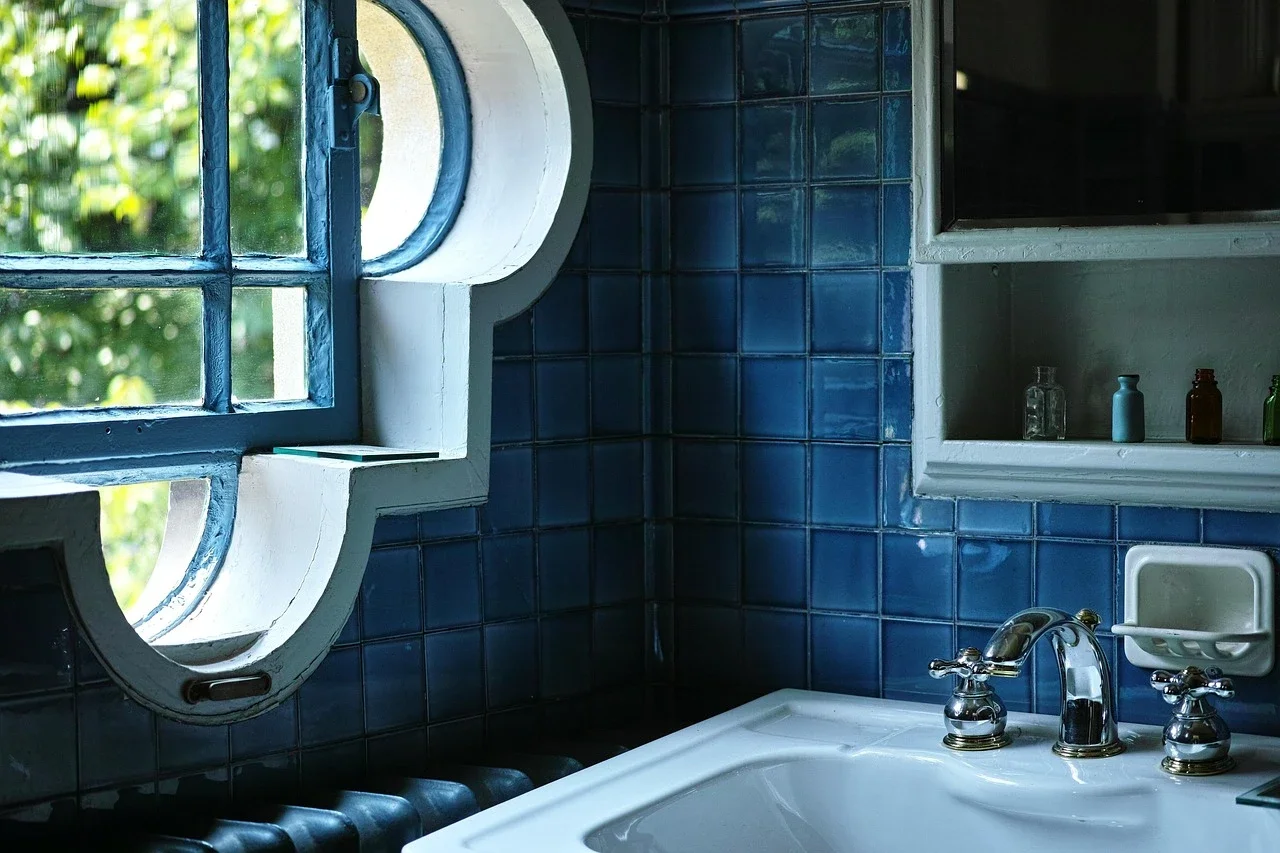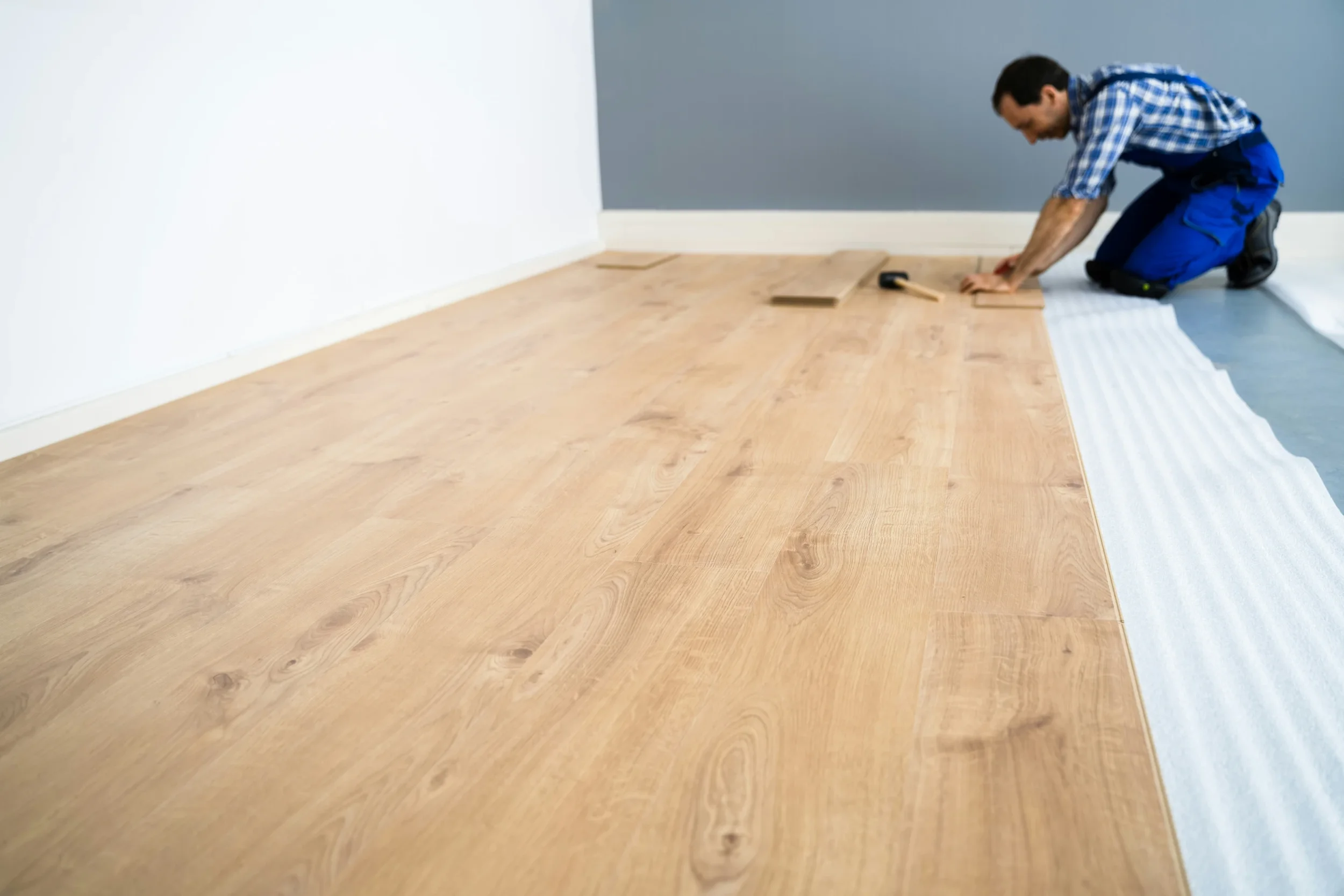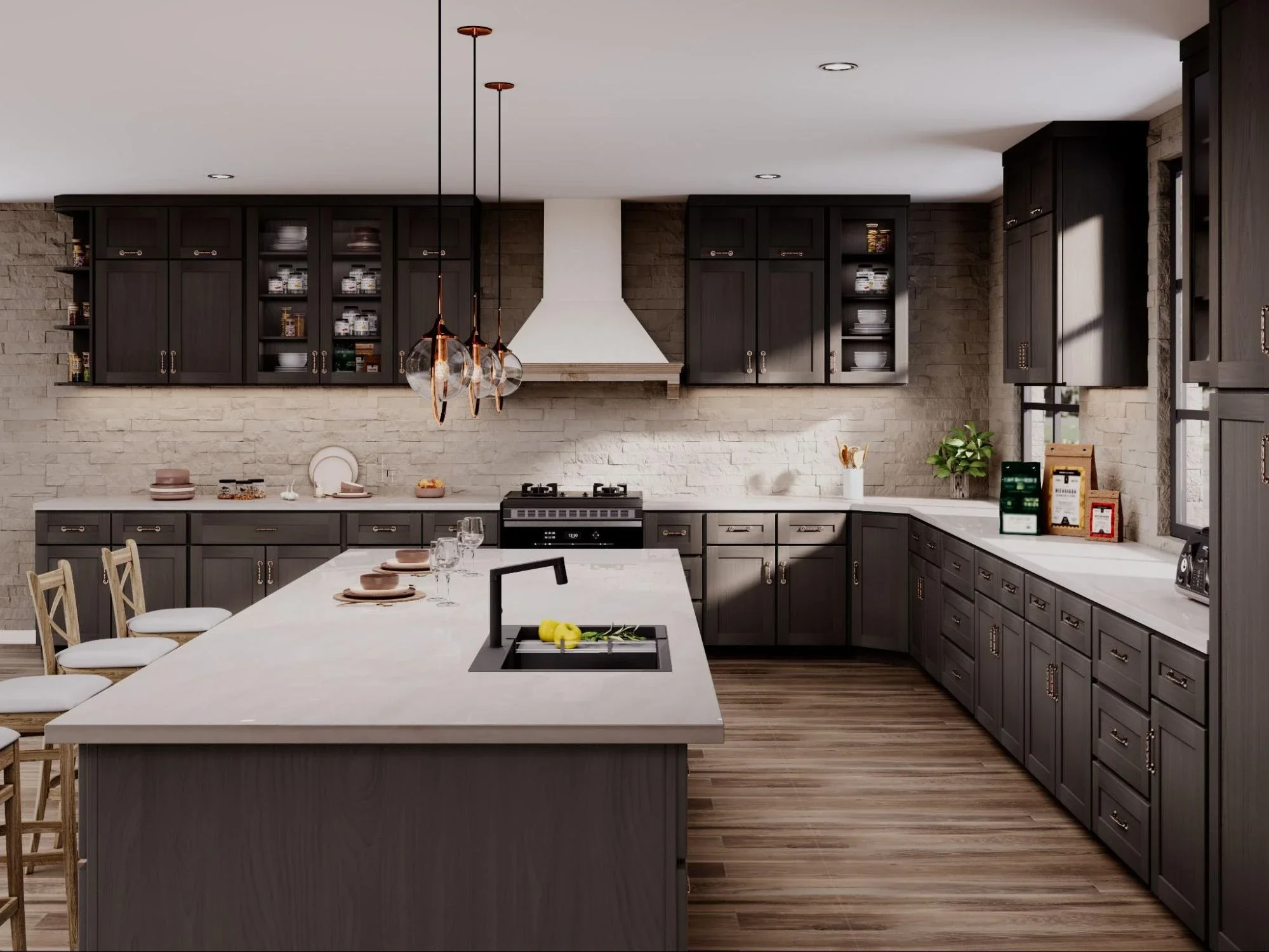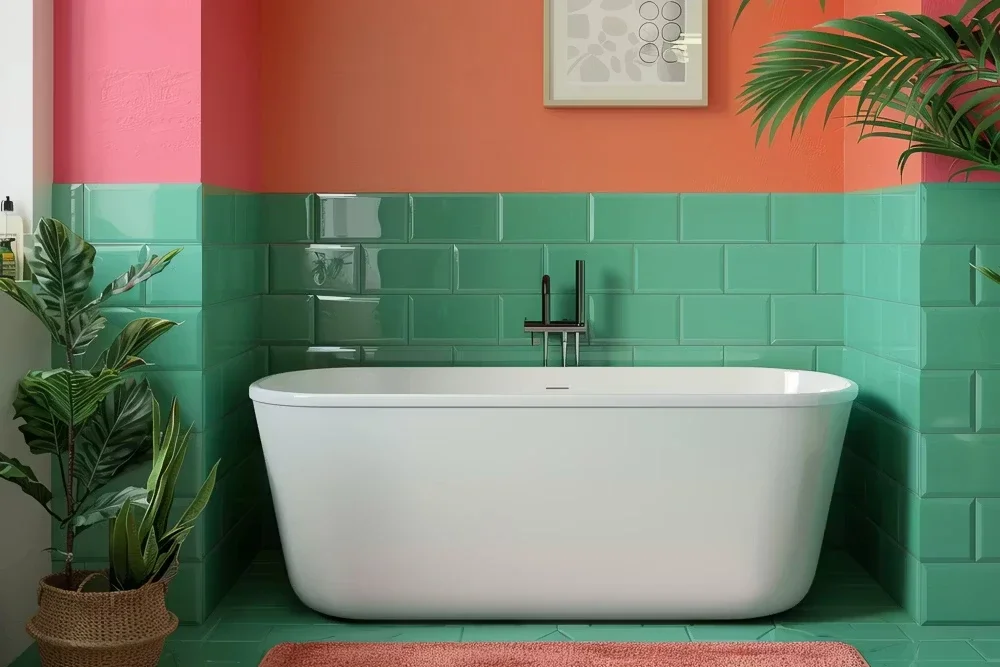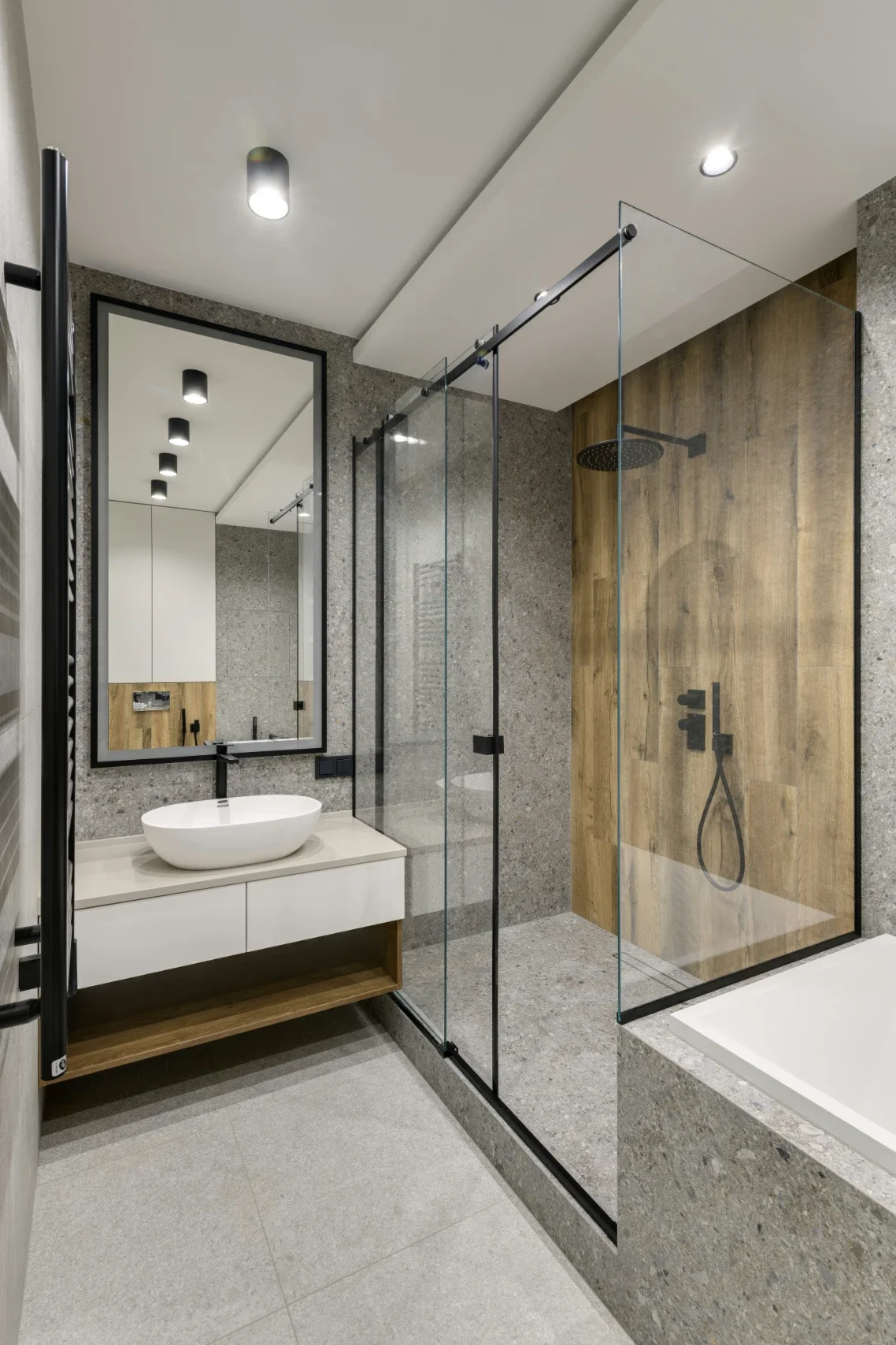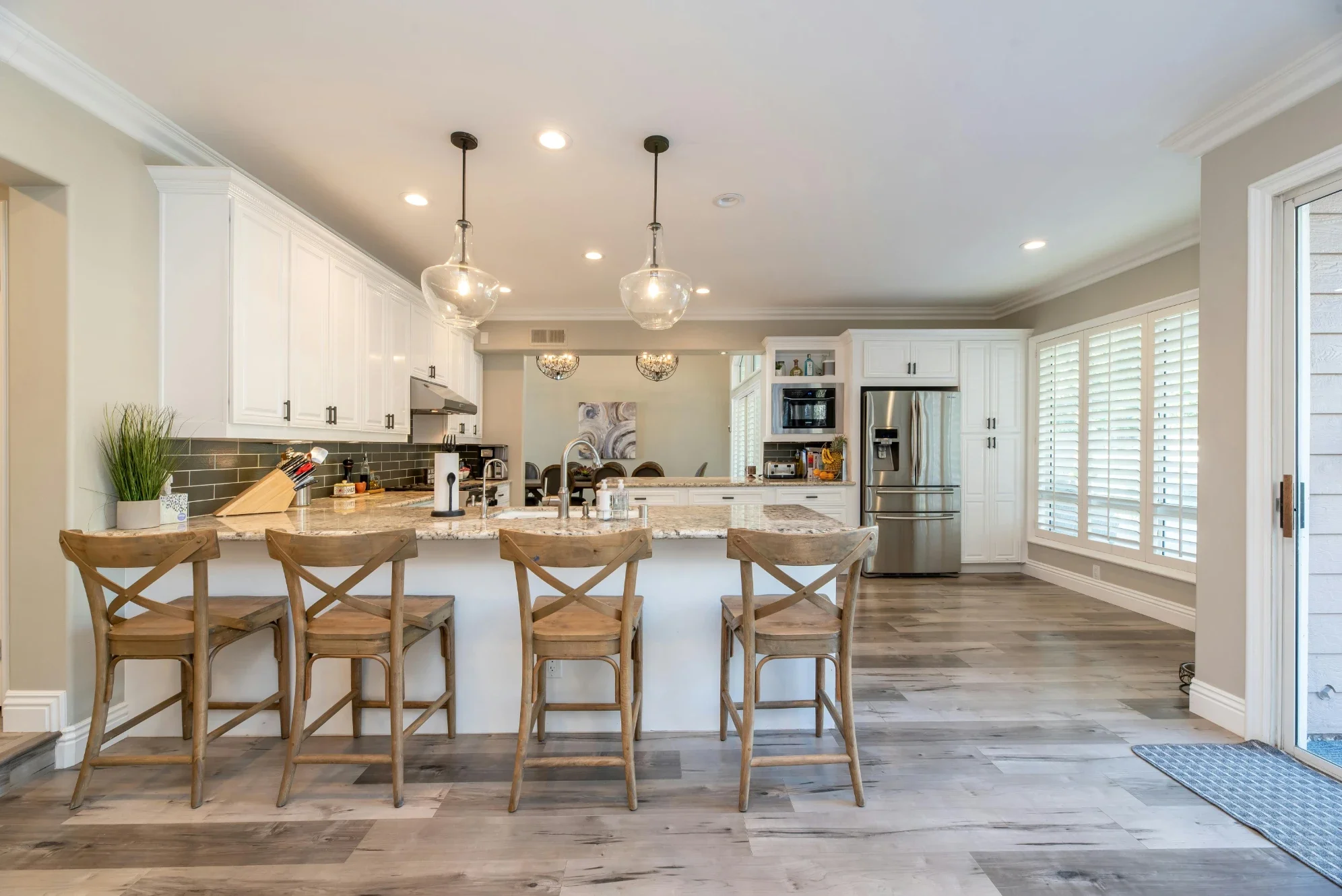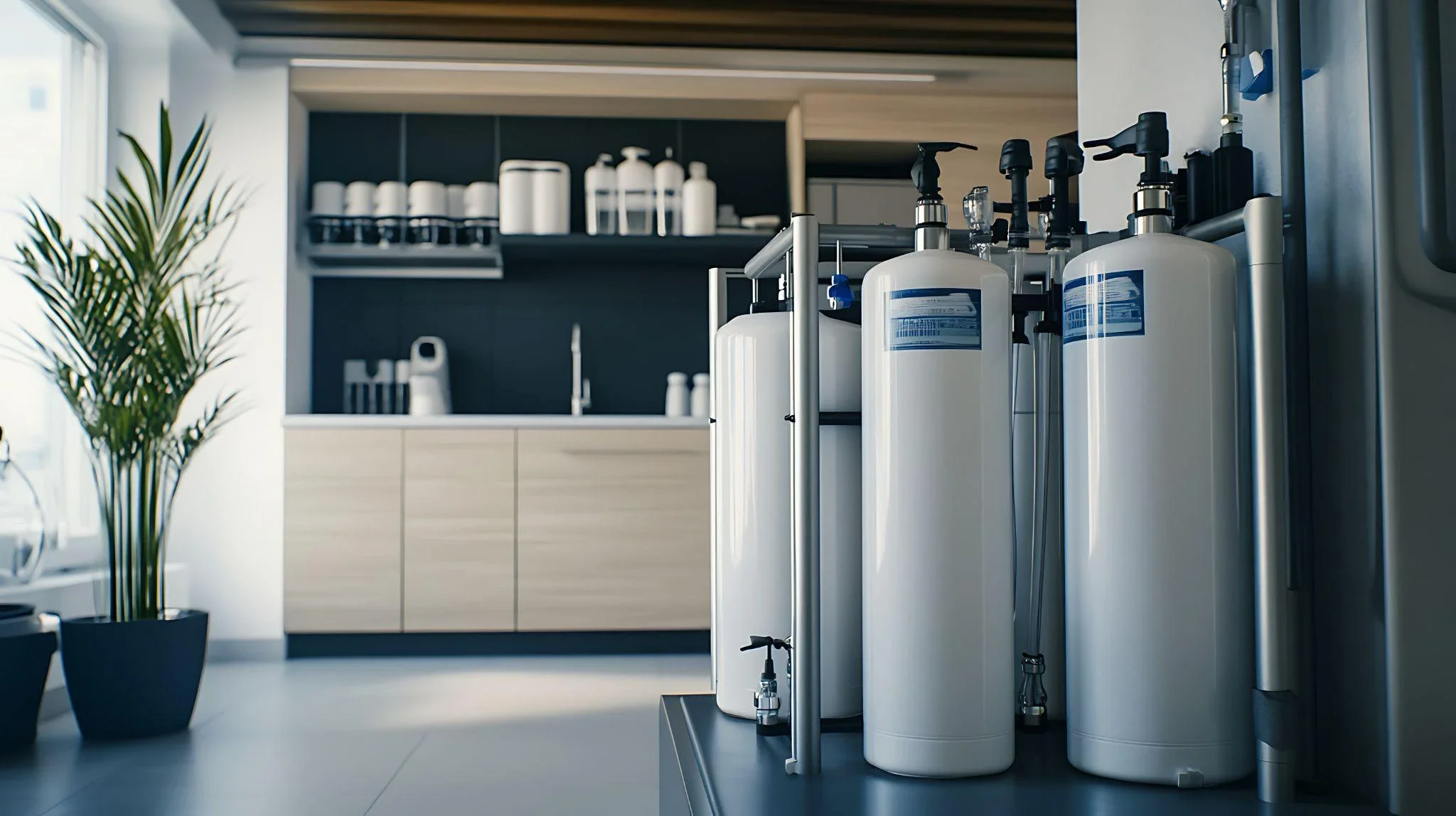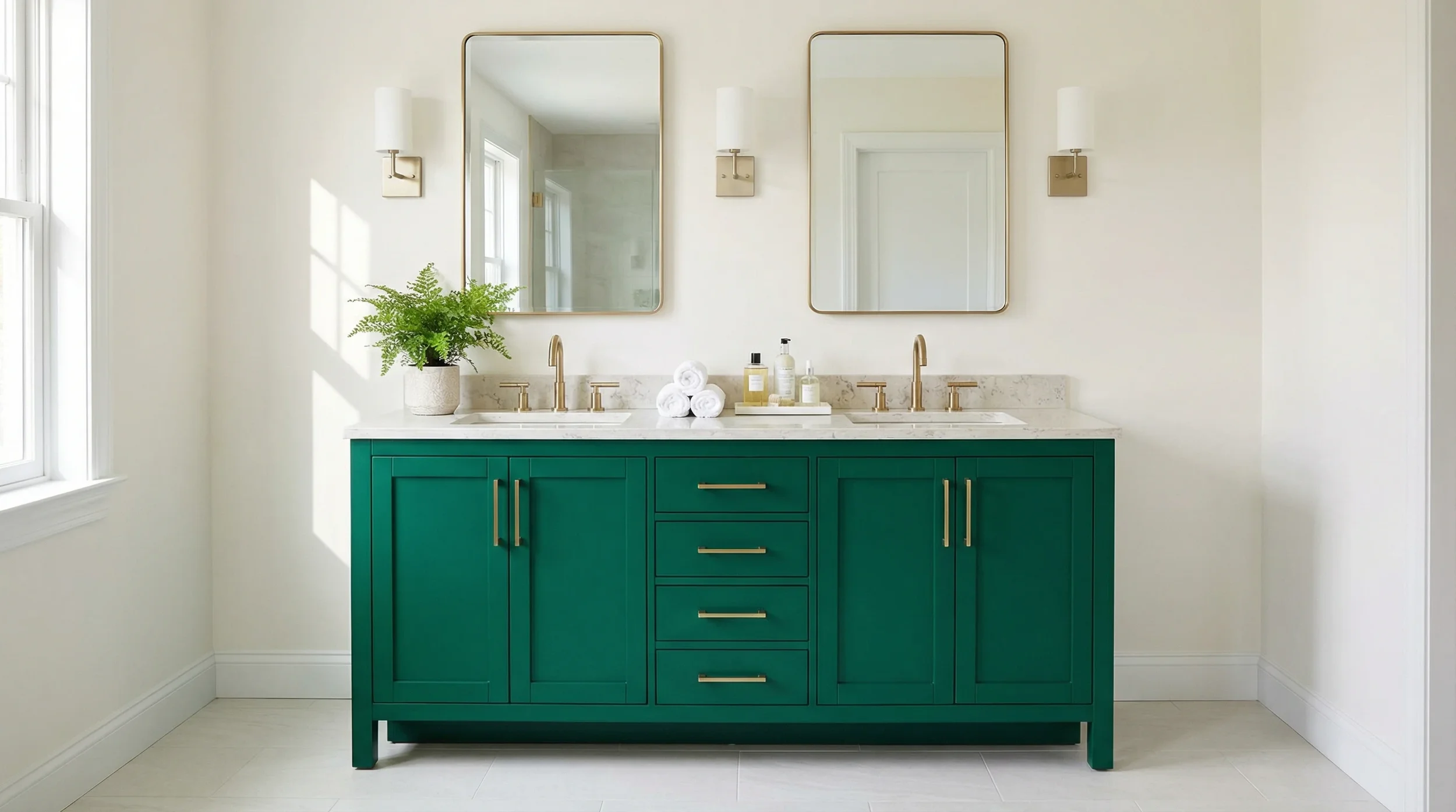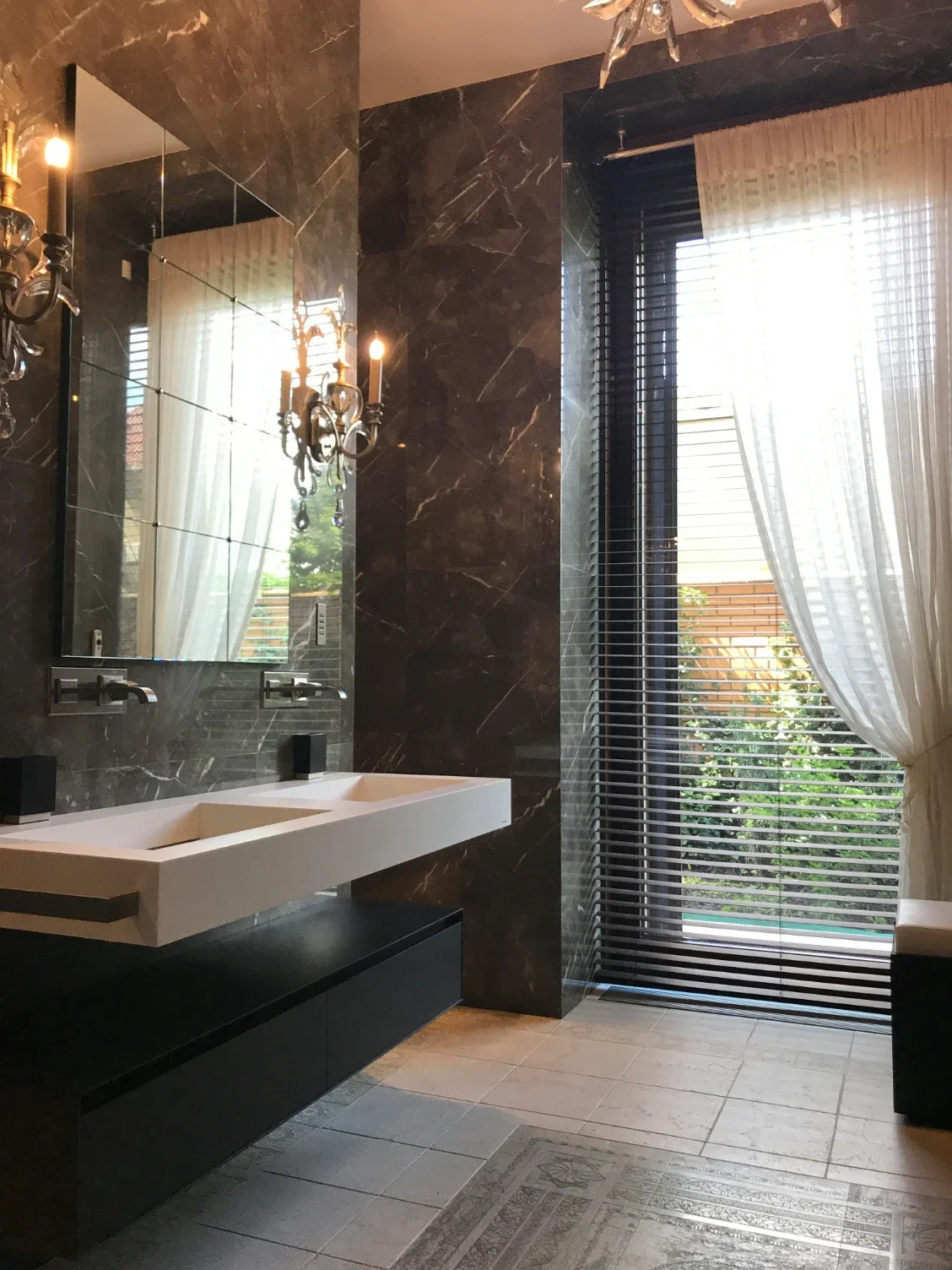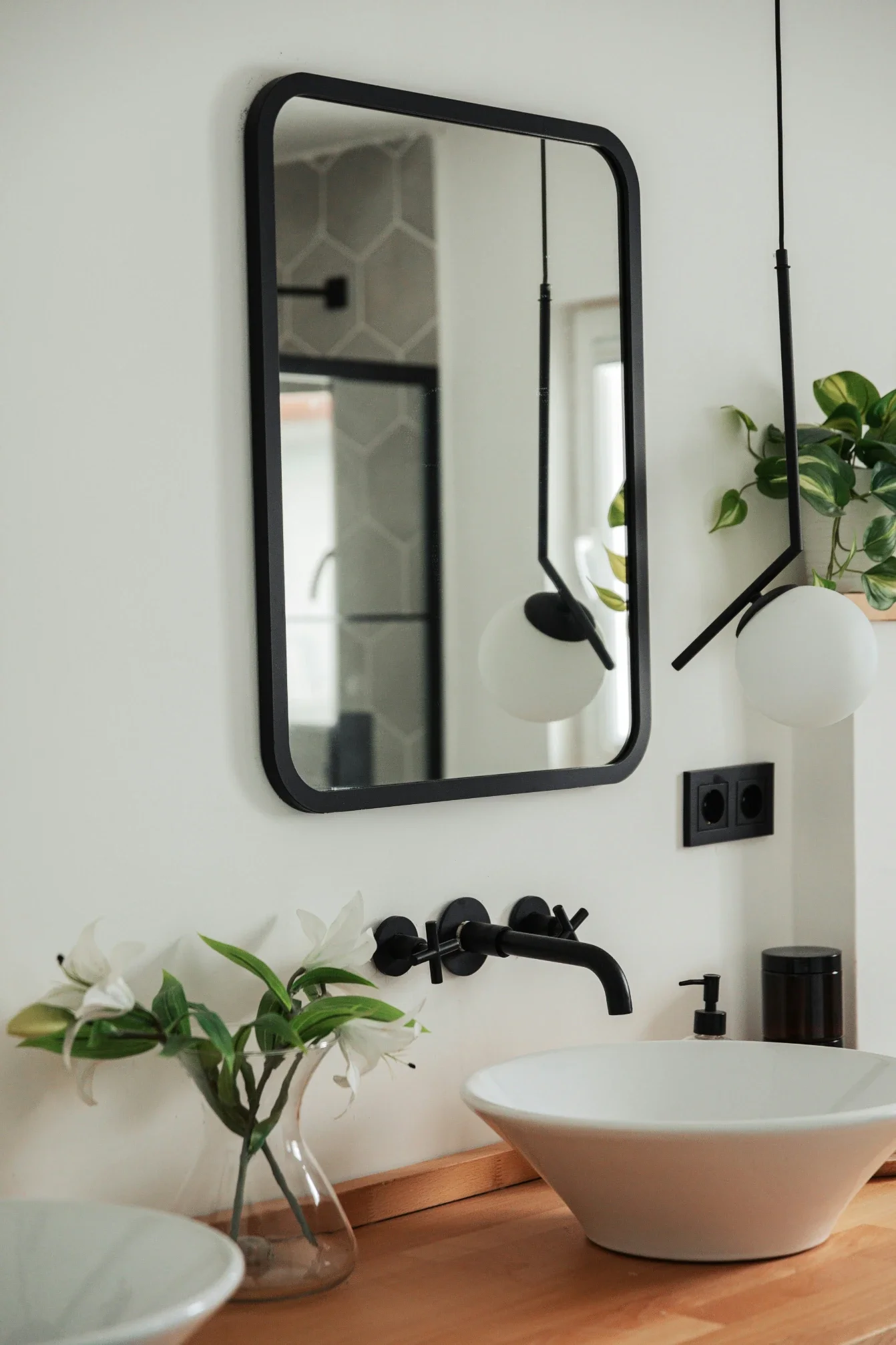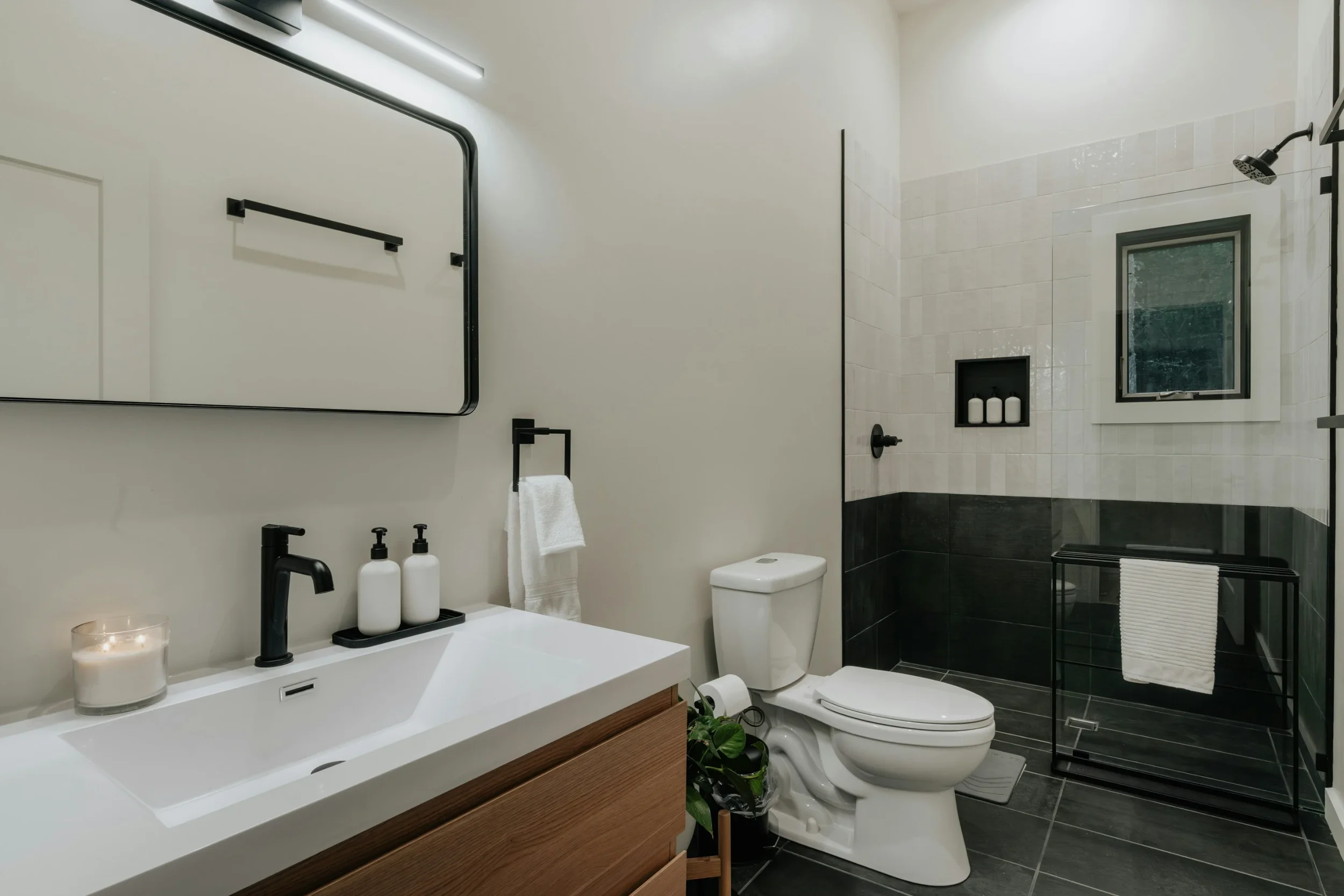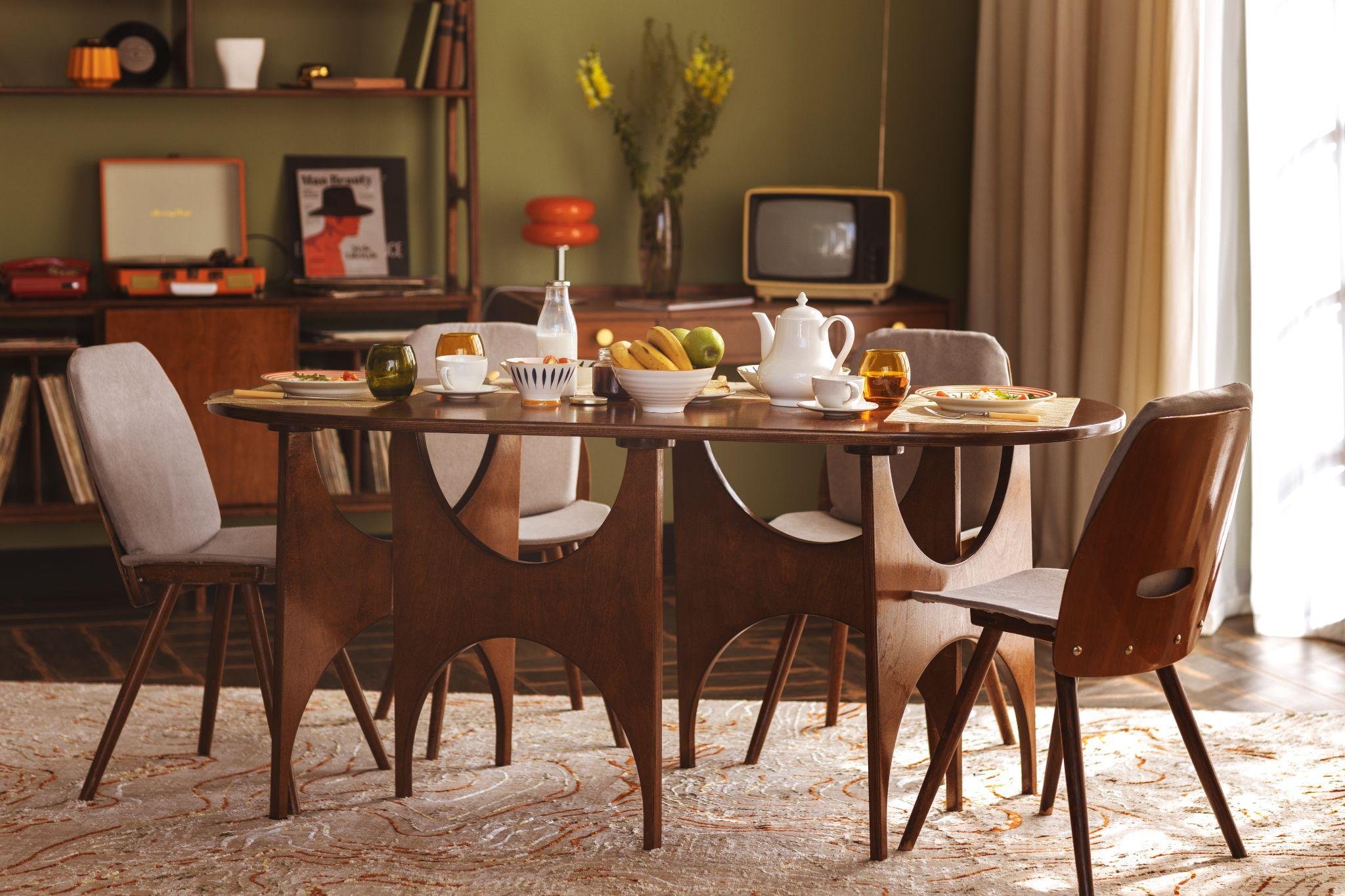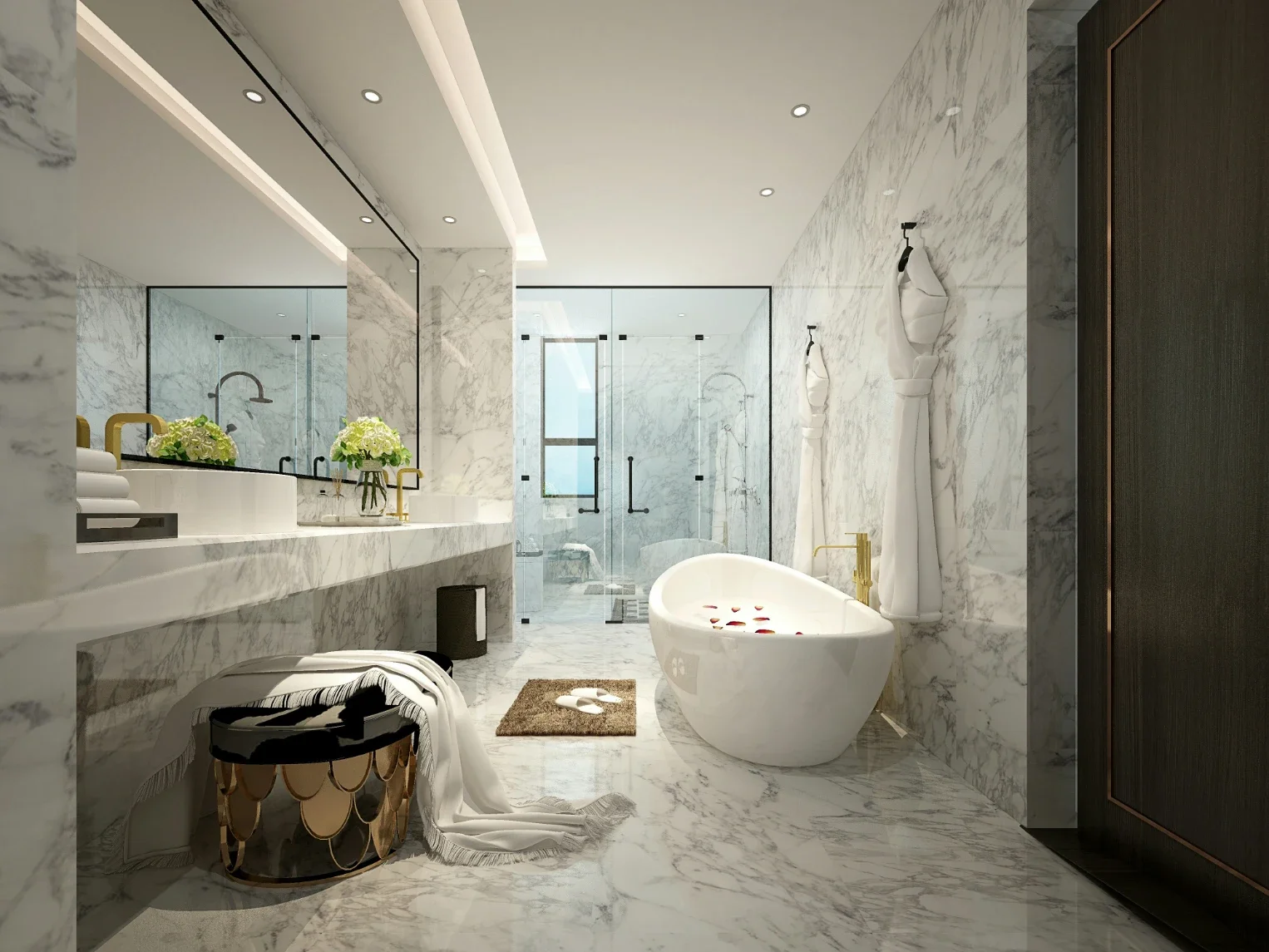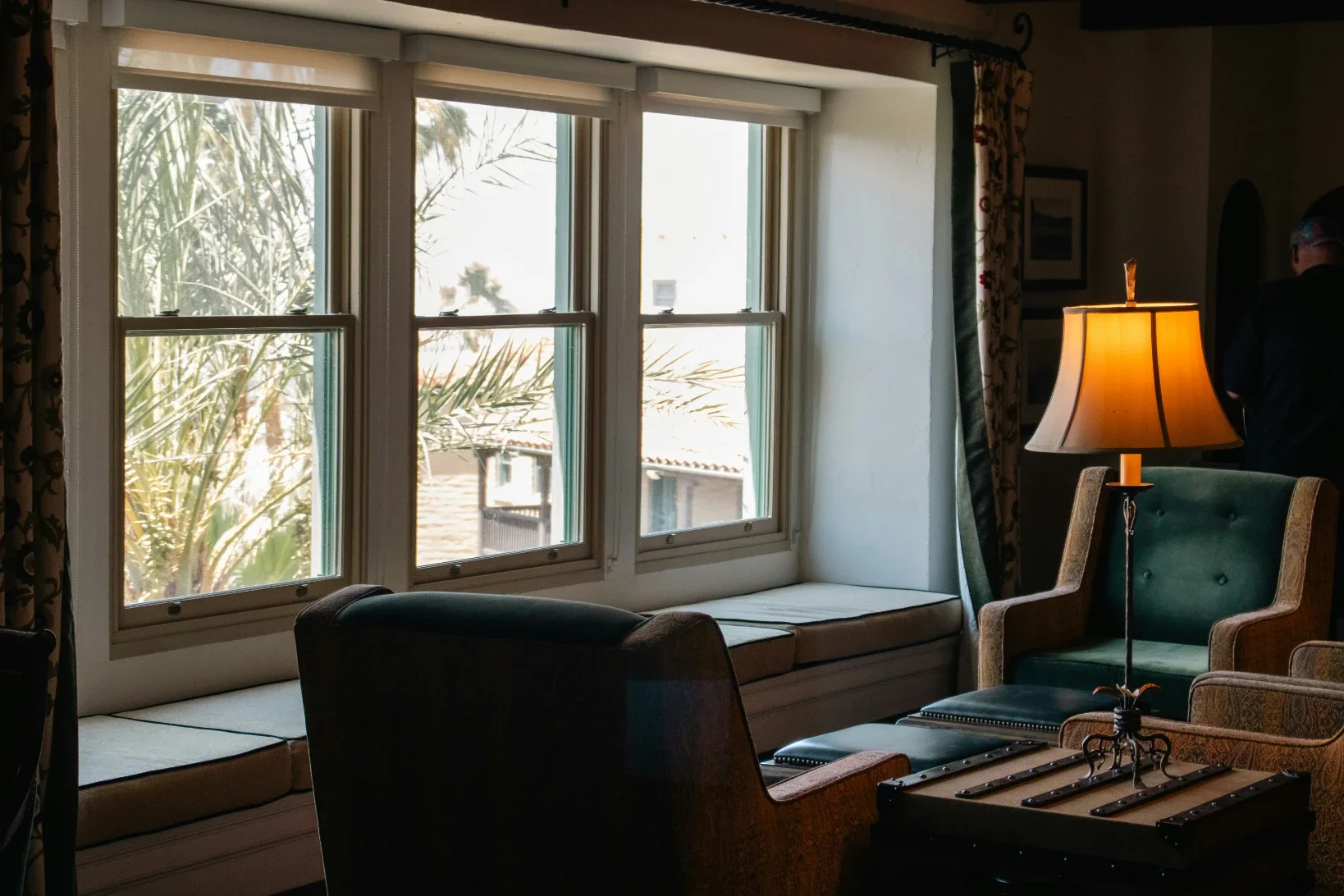Comparing Wood, Metal, and Vinyl Fences: Which is Best for You?
Explore the best fencing material for your property - wood, metal, or vinyl. This guide compares factors like durability, maintenance, cost, and aesthetics to help you make an informed decision. Prioritize your needs, budget, and style preferences for the perfect fence that enhances both curb appeal and security.
When choosing the right fence for your property, the options can be overwhelming. Whether you are considering a new installation or a fence replacement, three of the most popular materials in the fencing industry are wood, metal, and vinyl. Each has unique advantages and considerations, and what may be perfect for one situation might not be the best in another.
In this article, we'll compare these materials on several key factors, such as durability, maintenance, cost, and aesthetics, to help you make an informed decision. So, let's dive in and find out which type of fence is best for you.
Fencing Materials
Wood Fencing
Wood is a traditional and aesthetically pleasing choice for fences. It lends a warm, natural, and often rustic look to your property and is highly customizable, with various wood species, designs, and finishes available. However, wood fences require regular maintenance to prevent decay, including painting or staining, and may not last as long without the proper care.
Metal Fencing
Metal fences, such as those made from iron or aluminum, offer superior strength and durability. They are resistant to most forms of damage, including pests and rot, and are an excellent choice for security purposes. Furthermore, metal fences can be elegant and stylish, with various designs and finishes available. However, they can be more expensive and may require professional installation.
Vinyl Fencing
Vinyl, or plastic, fences are a relatively new addition to the fencing industry. They are known for their low maintenance requirements and high durability, resisting both pests and weather-related damage. Vinyl fences come in a vast range of styles, colors, and textures, some even mimicking the look of wood. Despite their higher upfront cost than wood, they can be a cost-effective option in the long run, given their longevity and minimal upkeep needs.
Comparing Wood, Metal, and Vinyl for Fencing
Now that we've covered the basics of each material, let's compare them to some important factors to help you determine which is best for your fencing needs.
Durability
Metal fences are the clear winner when it comes to durability. They are resistant to various forms of damage and can last for decades with minimal maintenance. On the other hand, wood fences are prone to rot and pests, but they can also last for a long time with proper care. Vinyl fences also offer excellent durability, although they may not be as strong as metal fences.
Maintenance
As mentioned earlier, wood fences require regular maintenance to prevent decay. This includes painting or staining every few years and repairing any damages promptly. Metal fences generally need minimal maintenance, while vinyl fences only need occasional washing to keep them looking new.
If you're concerned with maintenance, we suggest you talk to professionals in your area, such as those at Stand Strong Fencing.
Cost
Wood is often the most affordable option for fencing, both in terms of materials and installation. Metal fences can be more expensive but offer superior durability and security benefits.
Vinyl fences are usually the most expensive upfront, but their minimal maintenance needs can make them a cost-effective choice in the long run. It's essential to consider your budget and long-term maintenance costs when deciding.
Aesthetics
When it comes to aesthetics, the choice ultimately depends on personal preference. Wood fences are known for their natural, warm look, while metal fences can be elegant and sophisticated. Vinyl fences offer various styles and colors, making them suitable for any property.
How to Choose the Right Material
Choosing the right fencing material ultimately hinges on your specific needs, aesthetic preference, budget, and the maintenance you're willing to undertake. Start by reflecting on your primary purpose for installing a fence.
If security and durability are your main concerns, a metal fence might be the best fit. However, if you're seeking a warm, natural aesthetic and don't mind more maintenance, a wood fence is your choice. Alternatively, a vinyl fence would serve you well if you want a balance between durability, aesthetics, and low maintenance.
Moreover, consider the climatic conditions of your area. For instance, metal or vinyl fences would be more resistant to rot and decay in a damp climate than wood. Lastly, consider your budget not only in terms of initial cost but also regarding long-term maintenance and replacement costs.
You can choose the best fencing material for your property by contemplating these factors.
Conclusion
When choosing the best fencing material, there is no one-size-fits-all solution. Each material has unique strengths and considerations; ultimately, the decision depends on your needs and preferences. Consider factors such as durability, maintenance, cost, and aesthetics to make an informed decision.
With this guide, you can confidently choose the perfect fence for your property. So, whether you opt for the rustic charm of wood, metal robustness, or vinyl's low-maintenance convenience, it's time to build that dream fence and elevate your property's curb appeal and security.

